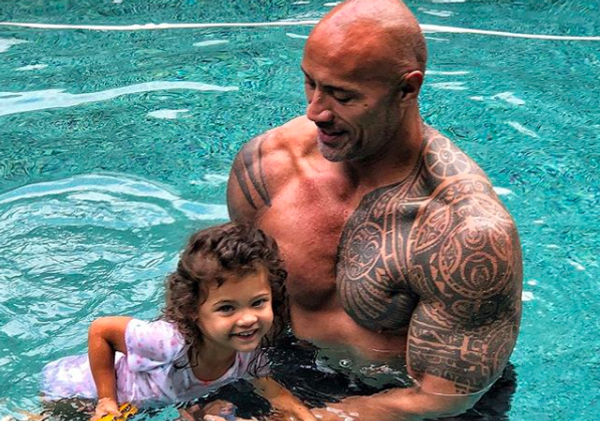At 12:00 a.m. on September 1st, 2021, the calendar officially flipped to September. As with every month, the month of September has its fair share of holidays and monthly recognitions. There's Labor Day on the 6th, Grandparents Day on the 12th, Yom Kippur that begins on the 15th, and my birthday (which I'm totally counting as a holiday) that falls on the 23rd. September is also Childhood Cancer Awareness Month, World Alzheimer's Month, and the one I'm writing this article about: National Suicide Prevention Month.
I'm not sure if it's just because of the people I choose to follow on social media, though I'm sure that at least plays some part in what I'm about to say, but when the calendar flipped to September, and being the avid Instagram-scroller that I am, I continuously came across the same anti-suicide infographic posted on people's stories listing resources like the National Suicide Prevention Hotline and more. At first, like I'm sure many others who viewed the same infographic, I thought "That's a nice gesture." I didn't see anything wrong with such posts. And to be clear, there isn't necessarily something "wrong" or "bad" about posting and sharing such infographics that have mental health resources and information, and I'm not here to bash and shame those who choose to do so. Their intentions are in the right place, and some of those who choose to share such information may very well have a personal connection to the topic of mental illness and suicide, which makes sharing such resources all the more valid and understandable.
Like I said, there isn't anything wrong with caring enough about others and a topic like mental illness to share helpful resources across social media, but rather there is something missing with the good intentions already in place. Though it's nice to think you're making a difference by posting these resources, chances are, they help fewer people than you think. It would be nice if mental illnesses weren't so complex, and attempting to solve the problems they cause was as simple as an Instagram post, but that's just not the way it works. The issue of mental illness runs much deeper than a simple repost on Facebook. Preventing suicide means checking in on your friends: The one who never seems to stop laughing, the one you know is struggling, the one who's struggled in the past, the one who seems perfectly fine, and even the one who says "Check in on your friends." And it's not a, "Hey, how are you?" because that's how you get the simple "Tired" as a response. You ask, "How are you doing, really? Is there anything you need? How can I help you? Please be honest with me." And checking in on someone is not a one-time thing. Be persistent. Be ready for an answer that isn't "I'm fine" or "I'm just tired."
Preventing suicide starts with not turning away when the not-so-pretty and less romanticized symptoms of mental illness present themselves. Preventing suicide starts with being a good listener. Preventing suicide starts with supporting free healthcare so that the help that is so often talked about can be attainable for those who need it. Posting the National Suicide Prevention Hotline might do something, but what someone who is struggling with mental illness and suicidal thoughts really needs is support and care that is visible and intentional.
I don't want you to take away from this article that you should stop posting infographics with helpful resources across social media. In fact, I'd encourage you to still do so if that's your kind of thing. Posts as such are informative and how we educate ourselves. What I want you to take away from this is that suicide prevention runs much deeper than a social media post. There is a second component to the social media posts that we often forget, and it's the piece of real action.
Don't forget: Tell your friends you love them sincerely and often.



















